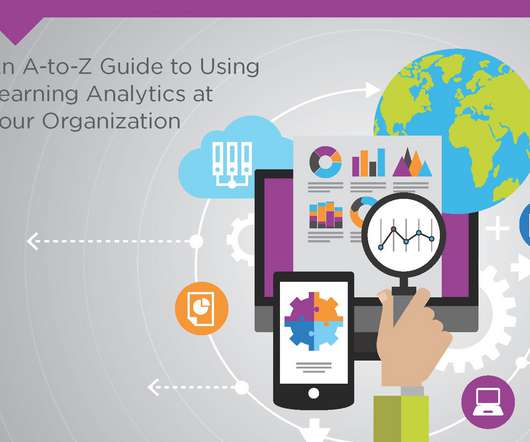Can Learning Management Systems Foster Experiential Knowledge in the Workplace?
TOPYX LMS
AUGUST 4, 2016
Second, this type of learning has the power to transform employees’ attitudes about training, increase knowledge retention, and create a learning culture in the workplace, among other things. Sometimes this information is attained naturally, and other times it is presented through a training program.














































Let's personalize your content